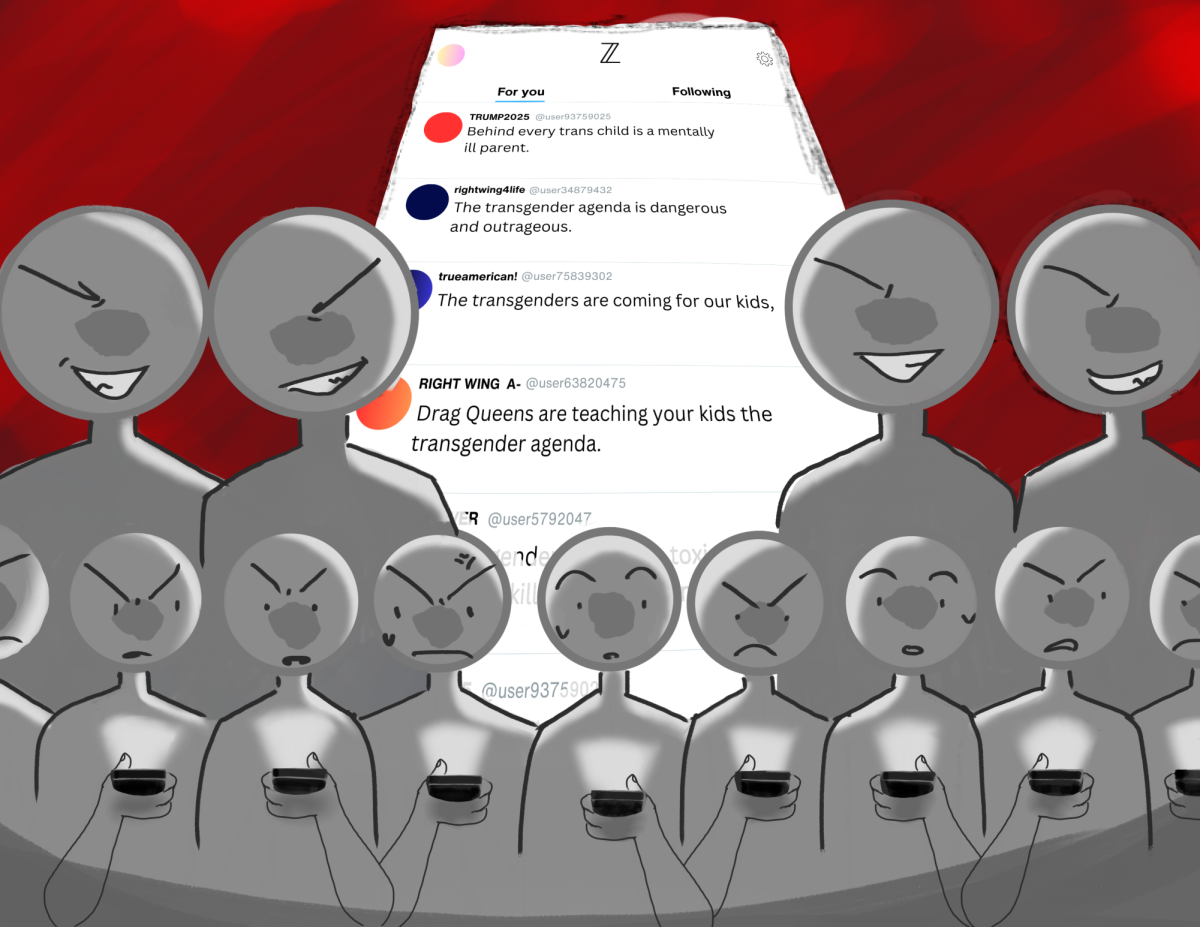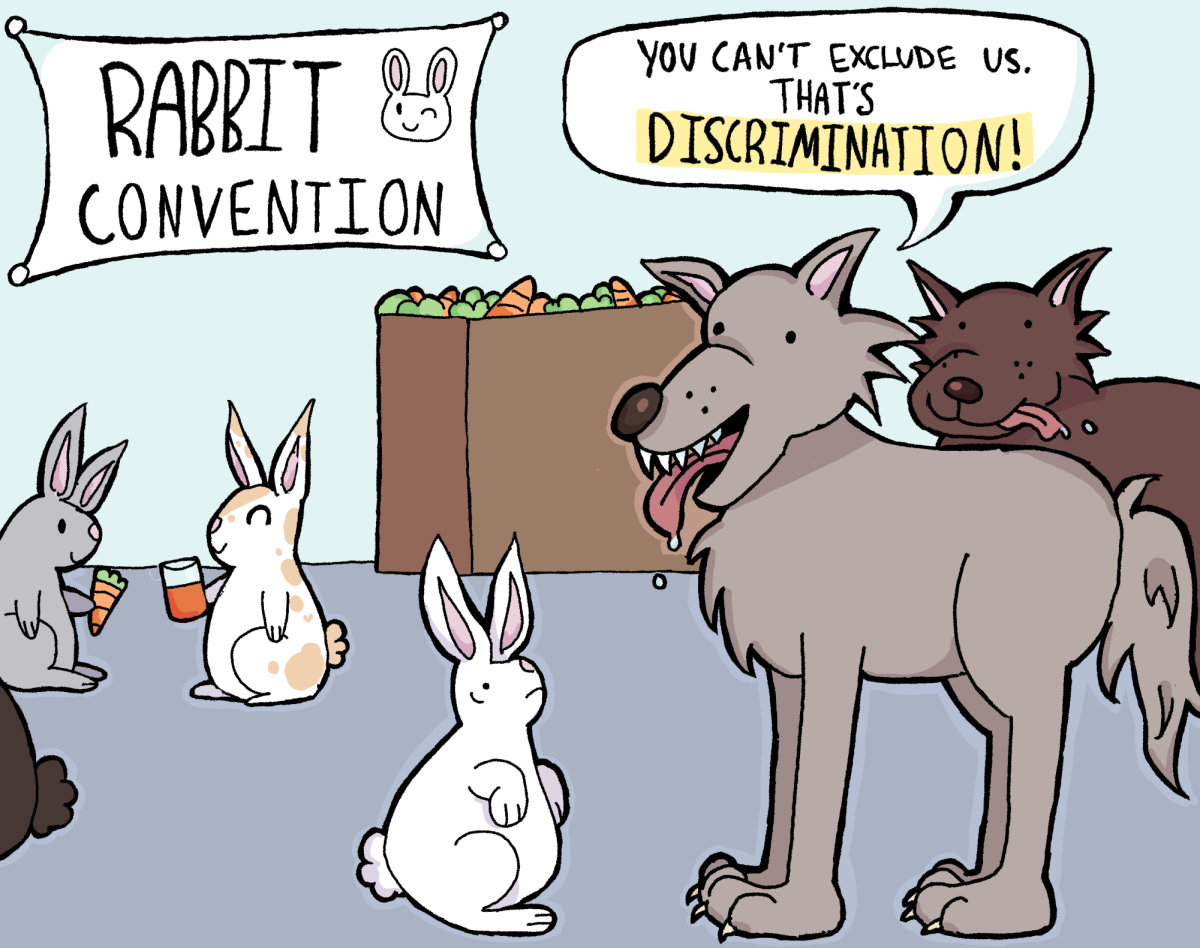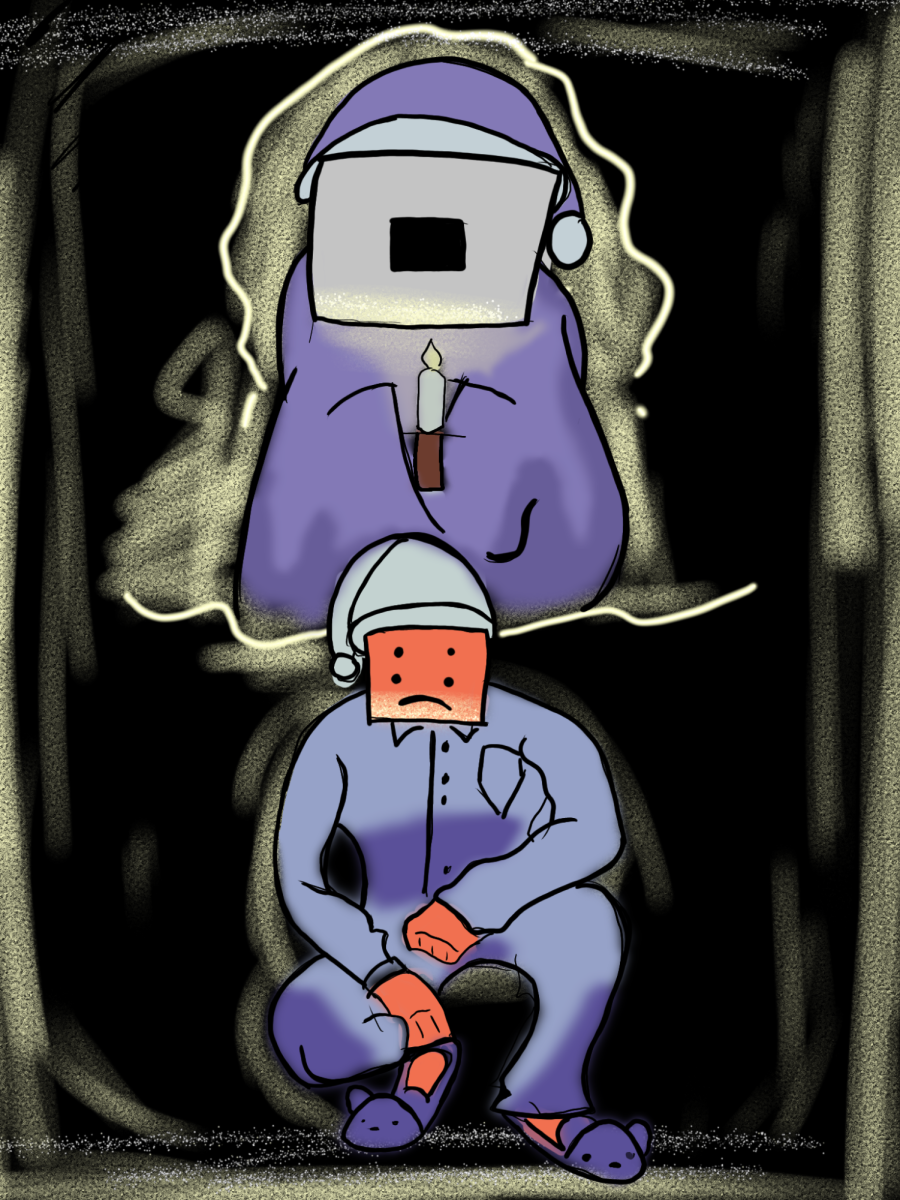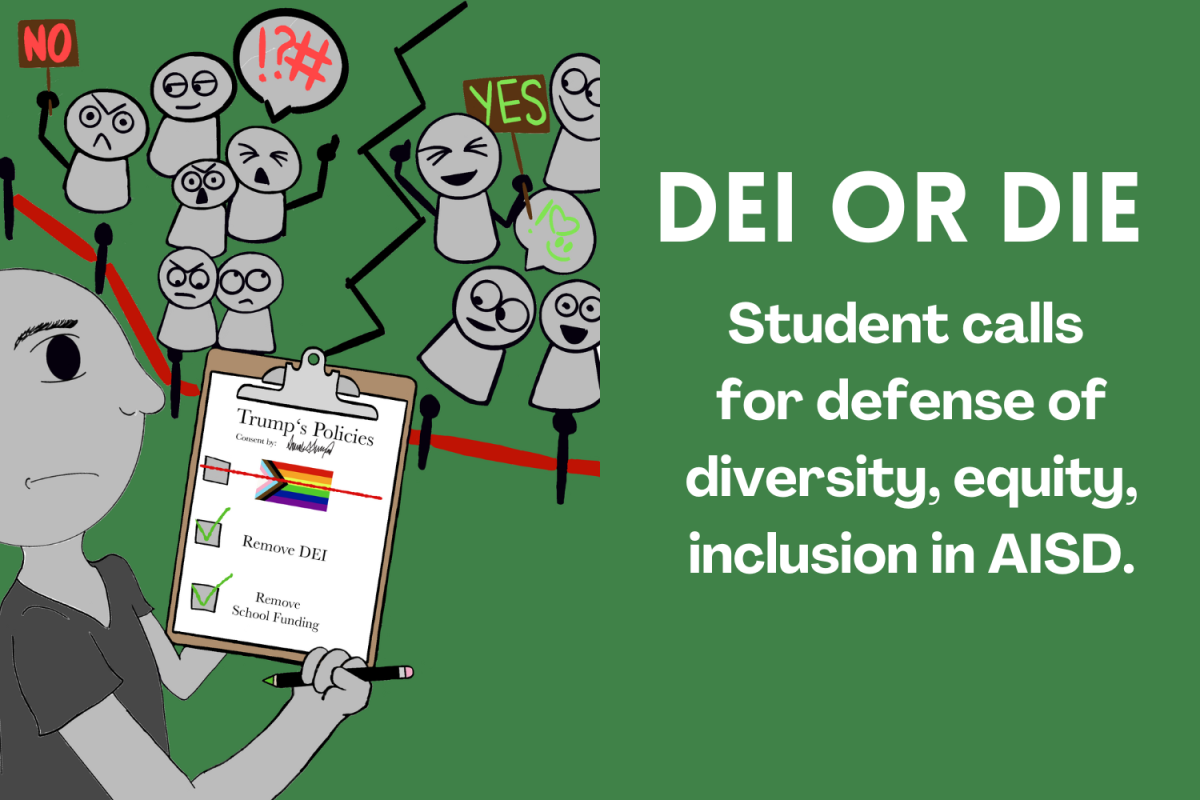On Feb. 8, an indigenous transgender student named Nex Benedict was pronounced dead in their home in Oklahoma. Just 24 hours earlier, they were in the hospital following a brutal attack in an Owasso High School girl’s bathroom.
In the last several years, the United States has seen a marked increase in the number of anti-trans and anti-LGBT bills proposed at the state level. From 2018 to 2023, the amount of proposed legislation seeking to limit the freedoms of LGBT people grew from 42 to 510 according to the American Civil Liberties Union, an increase of over 1,000%.
Oklahoma was one of the states to introduce anti-LGBT bills. In May of 2022, its bathroom bill went into effect, requiring students at all Oklahoma schools to use bathrooms and locker rooms associated with their sex assigned at birth. In April of that same year, a teacher at an Owasso public middle school was featured in a Libs of TikTok video and harassed into resigning.
Despite outcry on social media denying any connection between the Libs of TikTok account and Nex’s death, a connection can still be seen between hate online and hate in real life. The account owner, Chaya Raichik, has made a name for herself by spreading edited videos of “liberals” to incriminate and mock them. In the last four years, the account has caused bomb threats directed at public schools across the country. Since 2020, 33 threats have been made to locations and people that were recently targeted in a Libs of TikTok video with 21 of them bomb-related and most frequently targeting schools. Other targets have included hospitals and libraries.
In January of this year, Raichik was appointed to Oklahoma’s Library Media Advisory Committee to ban books with “woke ideology.” While members of library committees typically serve on a volunteer basis rather than as a job, library committees seek to serve their communities, and Raichik has never lived in the state of Oklahoma. The specific implementation of a far-right Internet personality from another state does not appear to be in good faith.
On March 21, Oklahoma police and the District Attorney announced they would not be pursuing charges due to the ruling of Nex’s death as a “suicide.” Their family has since disputed this report. It has been pointed out that the autopsy report claiming their death a suicide has no mention of their head injuries, which included contusions, lacerations, and hemorrhages. Contusions and hemorrhages to the brain are generally not considered “minor” injuries. Police were not called following the assault, and Nex continued the school day as normal before being taken to the hospital by their grandmother Sue Benedict.
Online, far-right accounts on TikTok and X (formerly known as Twitter) have argued that Nex started the altercation and thus deserved what they got. Common justifications include “Nex started it by throwing water,” “if you throw water on someone they’ll retaliate,” and some going as far as to say that “the earth is a better place now [thanks to the assaulters].”
According to the Movement Advancement Project (MAP), Oklahoma is among the worst states for LGBT people to live in. Specifically, it ranks fourth worst for LGBT people with only Arkansas, Tennessee, and South Dakota rated worse. The MAP uses separate scores for sexual orientation and gender identity, and while the sexual orientation equality tally is low at 1.5 out of 21.5, the gender identity tally is negative at -6.75 out of 23. Conversion therapy is not banned, and almost no legal protections exist for LGBT people within the state. In Oklahoma’s last legislative session, 40 anti-LGBT bills were filed.
While Texas maintains a better overall tally of -.5, over 30 anti-LGBT bills filed in the last session. As a state bordering Oklahoma, and another state with a heavily conservative government, some fear exists among the LGBT population about if — and likely when — a similar incident may occur here.
In an interview with LGBT students from Akins, many said that the incident reflected their fears about being trans — or otherwise different — in a society that seems to treat people they don’t understand as subhuman. Other remarks were made about how easily young people, especially those at middle and high school age, can fall into conservative media online and adopt those views themselves. Some students mentioned their parents trying to ignore their identities, out of fear of what ignorant people might do to their children if they see them behaving outside the norm.
“A lot of people should, even if it’s something they don’t understand or they’re scared of, they should do research,” one student said. By encouraging people of all backgrounds to do research into things that they may not understand or that they may fear, maybe we can prevent another death like Nex’s from happening.
Not only can incidents like this be avoided through education and compassion for all kinds of people, it seems that it may also be preventable by electing lawmakers who will fight for LGBTQIA+ rights. The empowerment of bigots in state and national government clearly holds a correlation with a spike in hate crimes, as reflected by the massive spike in hate crimes following Trump’s election, the second-highest increase in hate crime rates since September 11, 2001, according to the 2018 study by Griffin Sims Edwards and Stephen Rushin titled “The Effect of President Trump’s Election on Hate Crimes.”
Anti-LGBT hate crime rates have followed the increase in anti-LGBT legislation, increasing from 2018 to 2022 by 50%, according to FBI reports. While there were only 1,364 anti-LGBT hate crimes in 2018, there were 2,035 in 2022.
In an era where everyone seems to be online, it makes sense that online figures who are perceived as important or powerful can cause the same effects as politicians when it comes to discrimination and prejudice.
In the interview with Akins students, the majority opinion was that the Internet plays a large role in harassment and bullying of others, with many saying the things they’ve heard people say out loud mimic what they’ve seen online. Authority figures, no matter how tangible their authority, have the ability to empower people to take action — for the better and for the worse.
We are fortunate to attend school in a district that openly celebrates Pride Week, although that is something that is currently under threat by lawmakers that have attempted to ban such celebrations in Texas’ most recent legislative session. There are many other school districts in Texas that would never publicly celebrate LGBT pride.
As a community, it’s important for us to build an environment where our local authority figures offer acceptance to people from all different backgrounds. It may be what saves somebody’s life.















